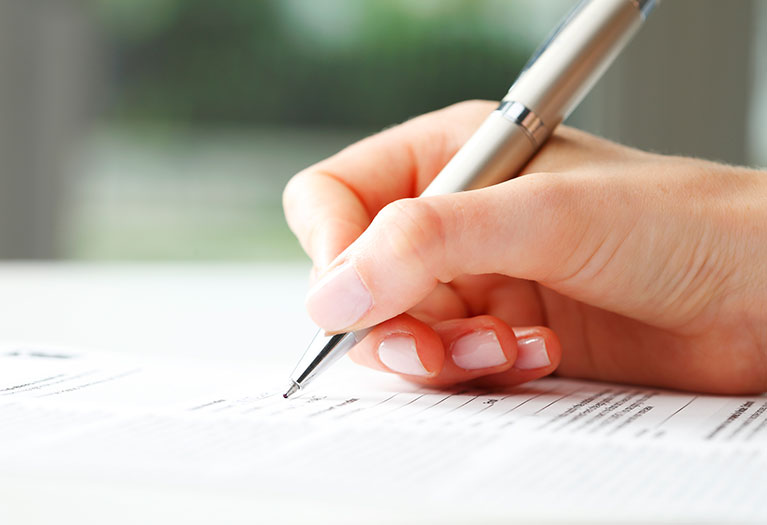A lot has changed for self-employed artists since the ‘DBA law’ came into force in May 2016. Self-employed artists can no longer send invoices with their former VAR statements but have to sign a model agreement with their client. We will explain all the details in this blog.
Since May 1, 2016, the law ‘Deregulation Review of Employment Relationship (DBA)’ came into force. This law was passed by the Dutch Parliament because many self-employed artists only worked for one client, which basically was a form of disguised employment. To deregulate this the employee can now conclude a model agreement with their employer and state that there is no fixed employment.
For some artists this seemed to offer some openings for self-employment. Certain non-independent artists who were previously payrolled thought they were now allowed to send invoices. However, this is a misconception. It’s true that many artists were previously incorrectly self-employed, resulting in this law. If you did not qualify at the time for a self-employed artist, then you will definitely not now. The same requirements still apply. You need to have at least three clients a year and spend at least 1225 hours annually on your business. This comes down to 24 hours a week.
Self-employed artists that previously had a VAR and still meet these requirements can make use of the model agreement. They can settle the agreement directly with their clients, however many clients are cautious to do so. Because many self-employed artists turned out to be non self-employed: about 90 percent of the artists who previously had a VAR WUO. Fortunately, there is a solution for cautious clients. As an intermediary, we can sign model agreements with self-employed artists and send invoices on their behalf to their client.
Another change in the new law is that both client and artist are fully responsible in case the artist turns out to be not self-employed. Both parties can be scrutinized by the Dutch Tax Office for a reassesment. A good reason for clients to be cautious.
If you were not self-employed in the past and still don’t comply with the requirements, you need to be payrolled. We will take care of the invoice procedure and withhold taxes and social insurances. The benefit of payrolling is that you can be sure it’s risk-free. The Dutch Tax Office won’t scrutinize your administration afterwards.


